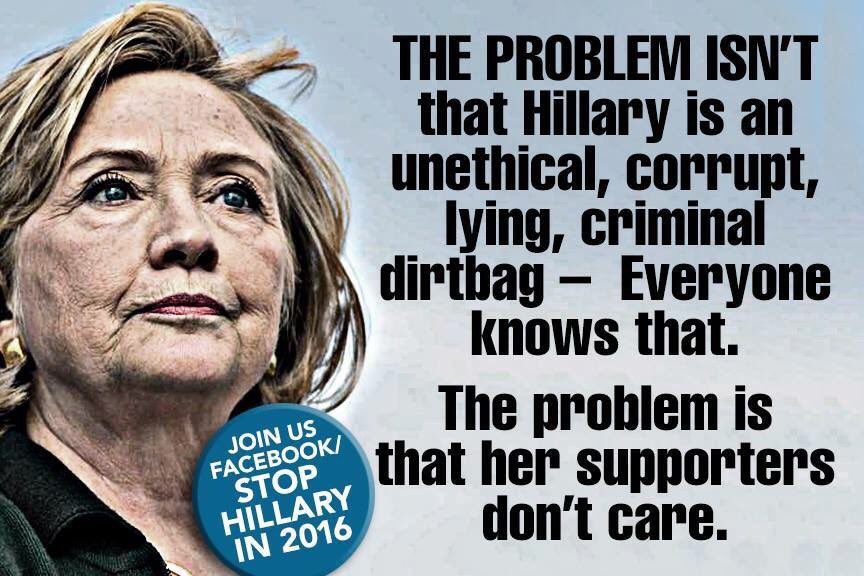Are Sanders supporters going to vote for Hilary.
If Trump increases his Black voter support then it is over for Hilary. Trump knows that and is going hard after Crooked Clits Black vote
You think Sanders voters are gonna vote Trump or Cruz? It's either Hillary or they sit it out. Either way.....the core base, which elected Obama, will be voting Hillary. Blacks vote dem year in and year out.....they aren't jumping over to Trump.



 ointer:
ointer:




